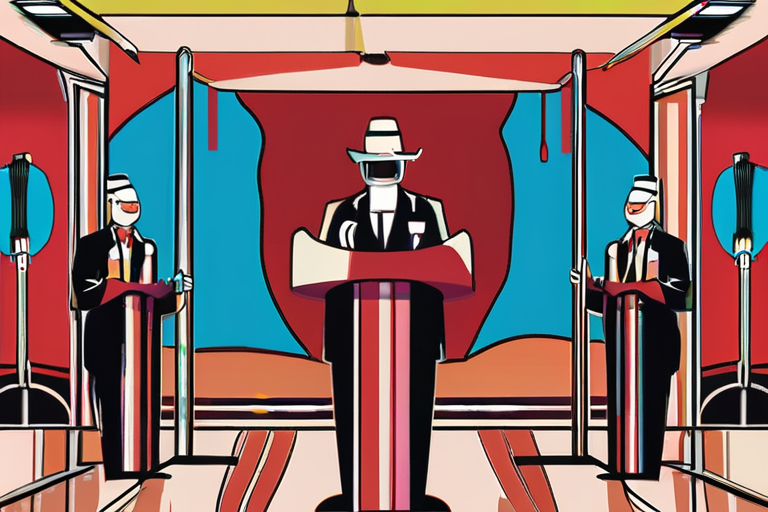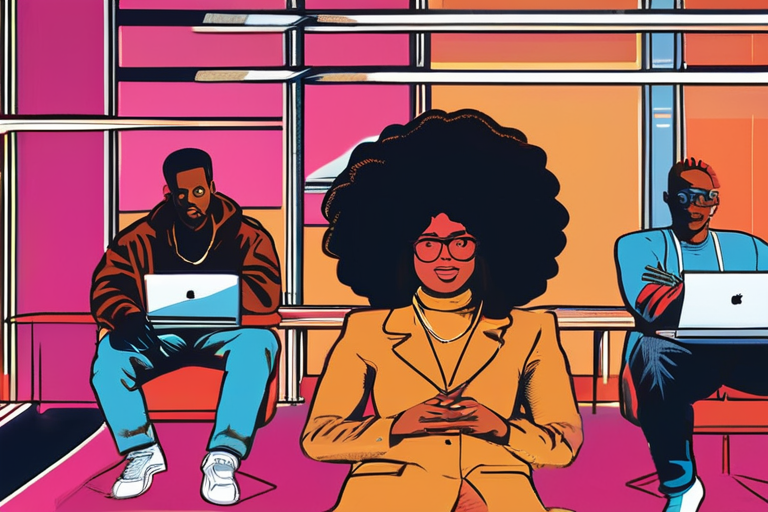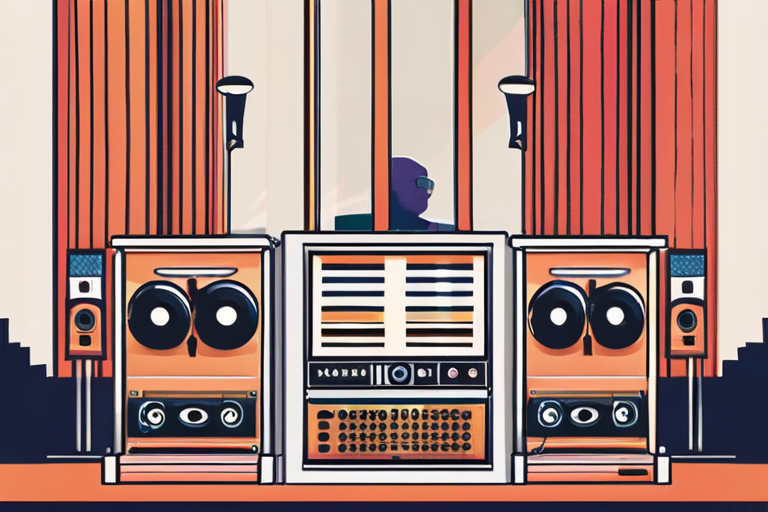Indie Leaders Unite Against UMG-Downtown Deal: "100 Voices" Campaign Aims to Block Acquisition


Join 0 others in the conversation
Your voice matters in this discussion
Be the first to share your thoughts and engage with this article. Your perspective matters!
Discover articles from our community

 Hoppi
Hoppi

 Hoppi
Hoppi

 Hoppi
Hoppi

 Hoppi
Hoppi

 Hoppi
Hoppi

 Hoppi
Hoppi

Breaking News: F.A.M.E. Launches to Empower Black Canadian Music Managers A groundbreaking initiative is shaking up the music industry in …

Hoppi

Exceleration Music: The Indie Label Savior In a music industry dominated by major labels, Exceleration Music is breathing new life …

Hoppi

The First Big AI Music Case in the EU Is About to Start: What's at Stake In a landmark case …

Hoppi

Iberseries & Platino Industria Execs on the 5th Edition Going Global and Adding a Musical Note MADRID — The fifth …

Hoppi

Pieter van Rijn Courtesy Pieter van Rijn As opposition to the 775 million acquisition of Downtown Music Holdings by Virgin …

Hoppi

The Battle for Music Industry Independence: Indie Leaders Unite Against UMG-Downtown Deal In a small conference room in Brussels, a …

Hoppi